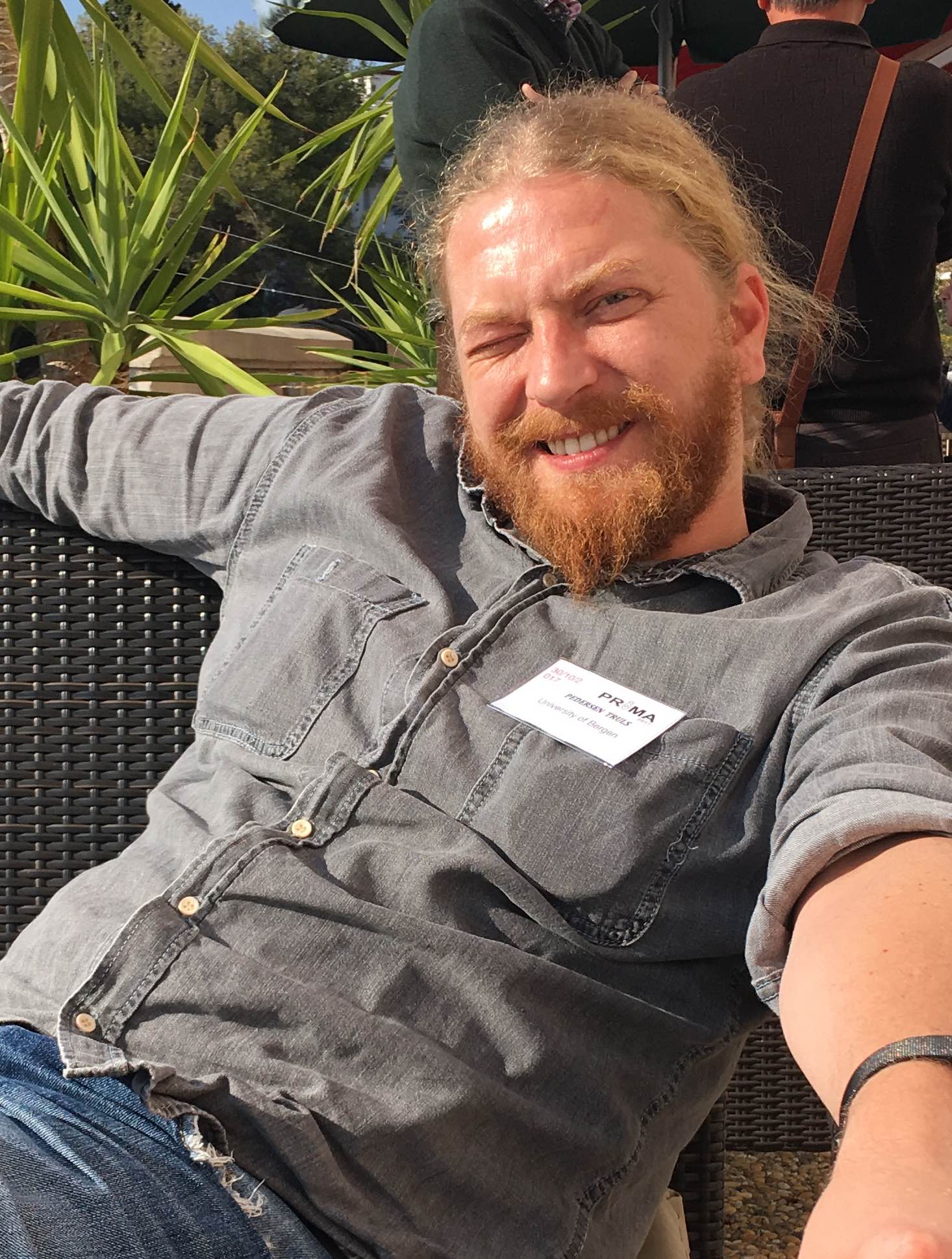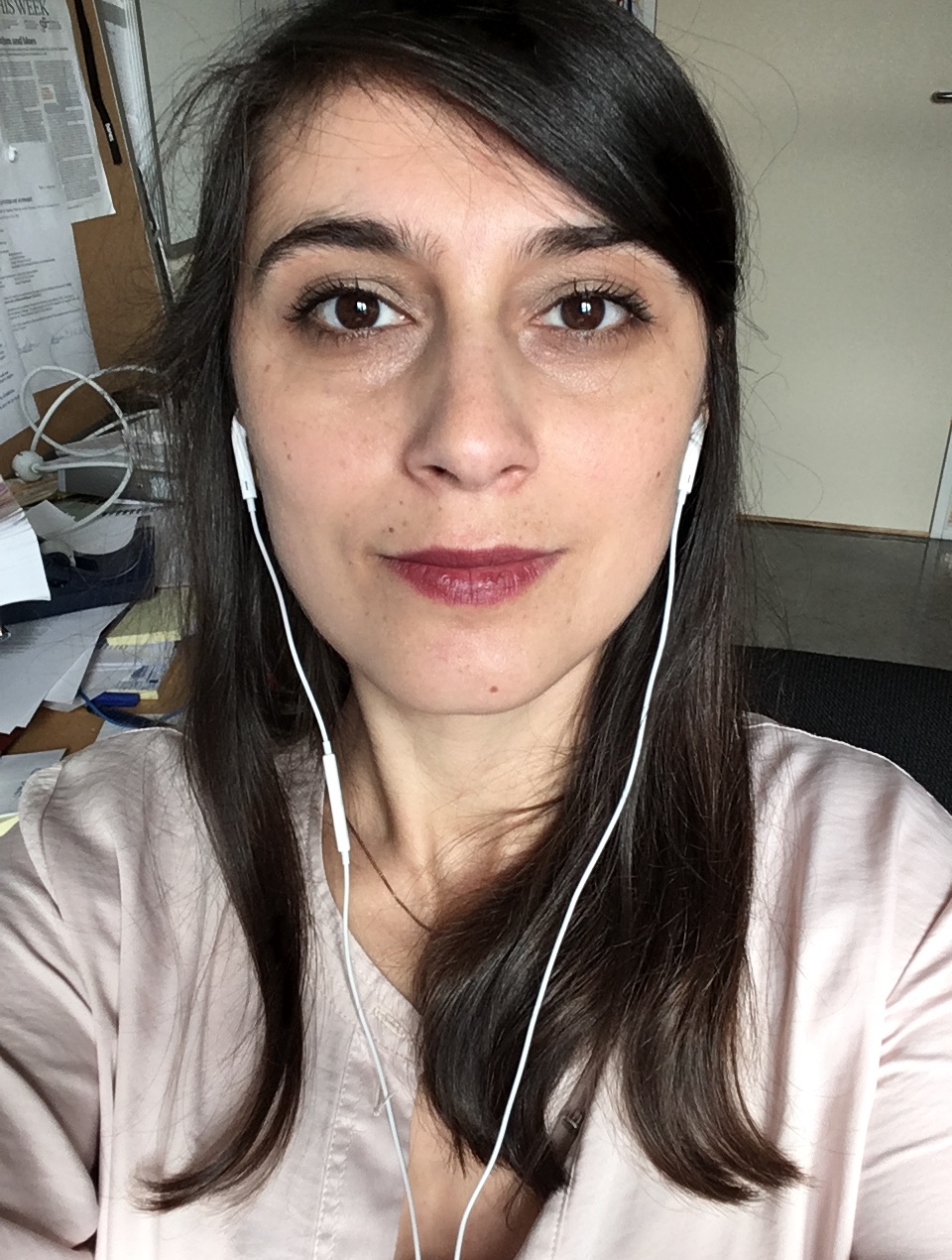MAS &
social influence
Today when social networking services are ubiquitous, it is important to understand social influence in a system of agents and how it impacts the beliefs and actions of the agents in the system. In this tutorial we cover the formal models of social influence from social science that originated such explorations half a century ago. We also look at modern models from multi-agent systems based on epistemic logic.
Description
Social agents are not only interested in pursuing their individual goals, but also in maintaining the relationships with other agents. Agents influence each-other’s beliefs and consequently their actions. Social influence is a topic traditionally explored in social sciences. Social networking systems, in which artificial agents co-exist with people or represent people are ubiquitous. The behaviour of all agents in the system is subject to social influence, which is why this topic becomes necessary to research by computer scientists in this context. We focus on presenting key work from social science and new works from multi-agent systems.
- Representing and measuring social network models. We start anachronistically by introducing modern terminology for representation and measures of networks primarily based on [Jackson, 2008, Chapter 1 and 2]. This section includes the mathematical framework for modelling social networks in the social sciences.
- Social influence models from social sciences. We look at seminal early works on social networks. Granovetter’s “The Strength of Weak Ties” provided impetus to the application of nuanced theories of social networks. We also discuss a paper on agents influencing each other from the same period. DeGroot’s “Reaching a Consensus” exemplifies an early work on the temporal evolution of opinions in a population of agents. Then we move on to results about informational cascades and pluralistic ignorance O’Gorman [1986].
- Logic-based models of social influence. We first examine a logical characterization
of networks with doxastic agents and
revisit the phenomenon of pluralistic ignorance. Finally we look at very recent logical models based
on dynamic epistemic logic (changes in belief), dynamic networks
based on epistemic logic, and models for resolving
conflicting social influence.
Relevant papers
Presenters
 Truls Pedersen is an Associate Professor at the Department of Information Science and
Media Studies at the University of Bergen. He is also associated with the Diversity in the
Norwegian News Media Landscape. His research interests are mainly in formal reasoning
for multi-agent systems. Recently his attention has been directed towards defeasible inference
and applications to empirical social scientific studies. He is the course convenor and lecturer
of the courses Introduction to Information Science, Introduction to Programming, Client
Programming and Advanced Programming at the department. He jointly gave a tutorial on
Argumentation and Defeasible Resoning at the European Agent-Systems Summer School4 in
2016.
Truls Pedersen is an Associate Professor at the Department of Information Science and
Media Studies at the University of Bergen. He is also associated with the Diversity in the
Norwegian News Media Landscape. His research interests are mainly in formal reasoning
for multi-agent systems. Recently his attention has been directed towards defeasible inference
and applications to empirical social scientific studies. He is the course convenor and lecturer
of the courses Introduction to Information Science, Introduction to Programming, Client
Programming and Advanced Programming at the department. He jointly gave a tutorial on
Argumentation and Defeasible Resoning at the European Agent-Systems Summer School4 in
2016.
 Marija Slavkovik is an Associate Professor at theDepartment of Information Science and
Media Studies at the University of Bergen. Her area of expertise is collective reasoning and decision-making, in particular
computational social choice. She is currently interested in extending social choice models with
a social network structure that represents the relationships and influence among voters that
make a collective decision. Dr. Slavkovik is an active in the multi-agent systems community,
as an author and reviewer of AAMAS conferences. She has given two doctoral school tutorials
at EASSS 20161 and EASSS 2017 respectively.
The details of activities can be found here. The up to date list of publications can be found here.
Marija Slavkovik is an Associate Professor at theDepartment of Information Science and
Media Studies at the University of Bergen. Her area of expertise is collective reasoning and decision-making, in particular
computational social choice. She is currently interested in extending social choice models with
a social network structure that represents the relationships and influence among voters that
make a collective decision. Dr. Slavkovik is an active in the multi-agent systems community,
as an author and reviewer of AAMAS conferences. She has given two doctoral school tutorials
at EASSS 20161 and EASSS 2017 respectively.
The details of activities can be found here. The up to date list of publications can be found here.